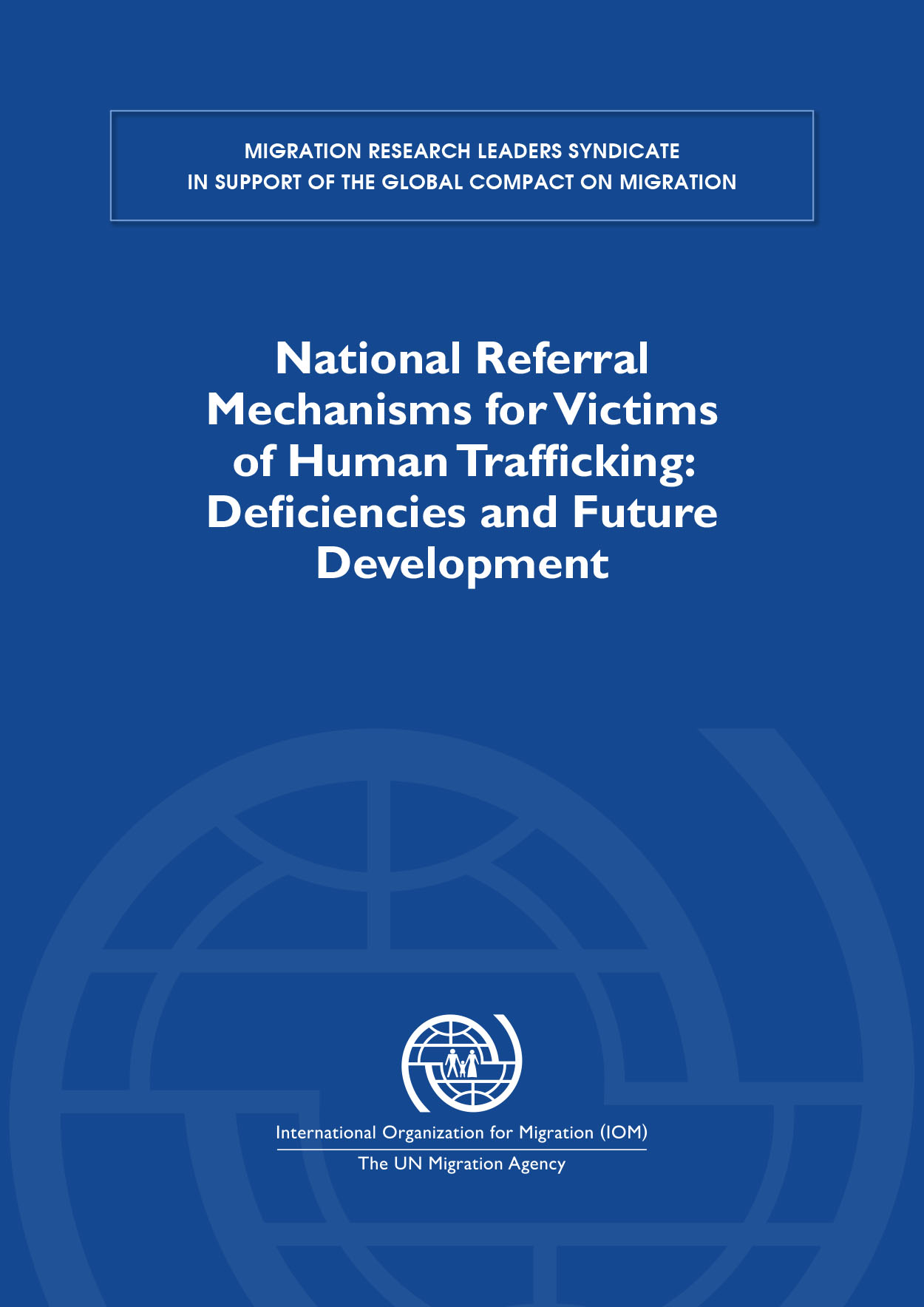Harnessing Accumulated Knowledge to Respond to Trafficking in Persons: A Toolkit for Guidance in Designing and Evaluating Counter-Trafficking Programmes

This document is an initial set of practical tools developed jointly by the member agencies of ICAT to address an issue identified by ICAT members as being critical for the international community to tackle in order to better respond to trafficking in persons and improve the impact of anti-trafficking activities, through discussing common design and evaluation issues.
Country
Worldwide
Region
Worldwide
Year
2016
Topics
Category








